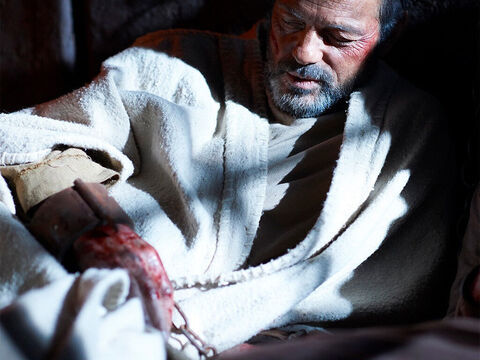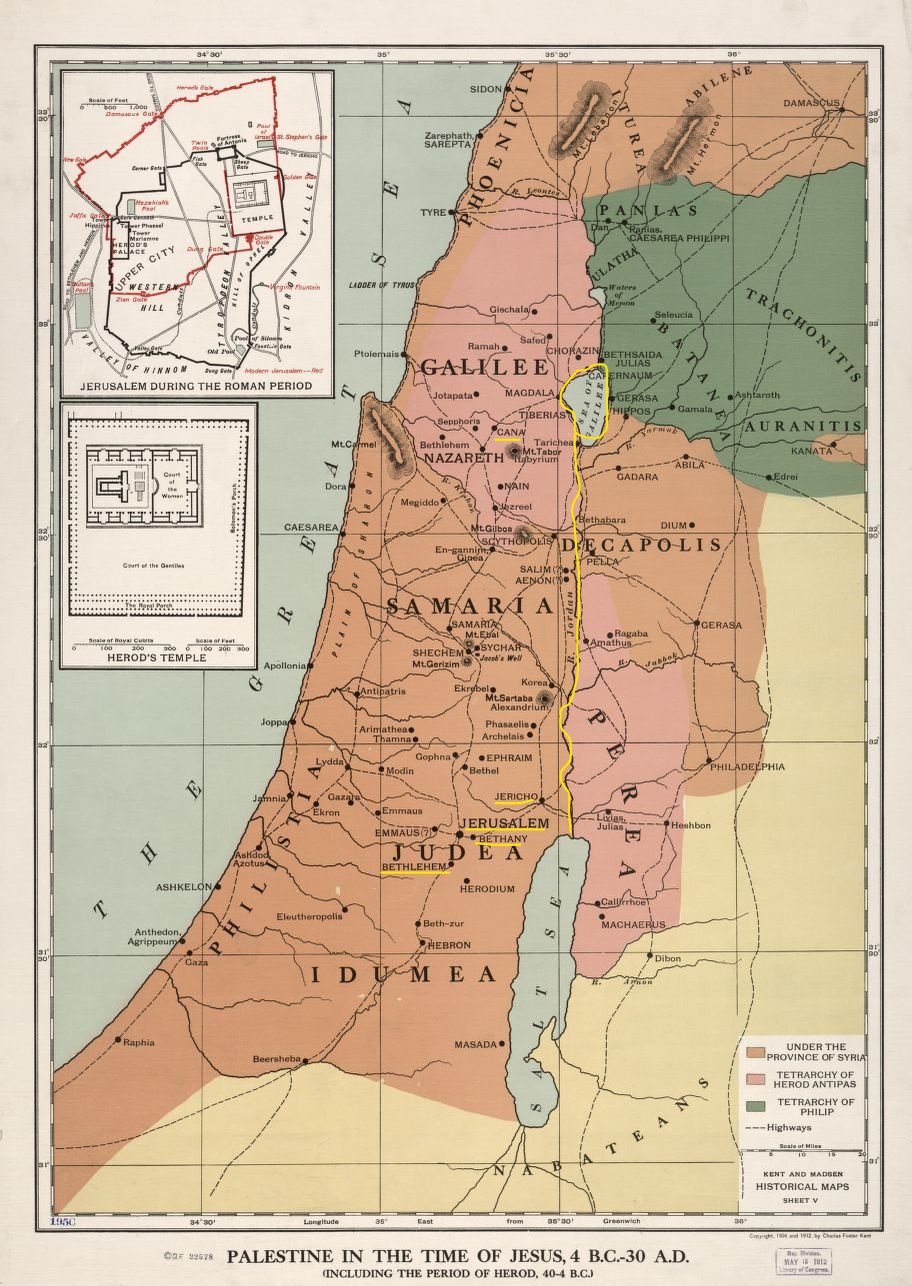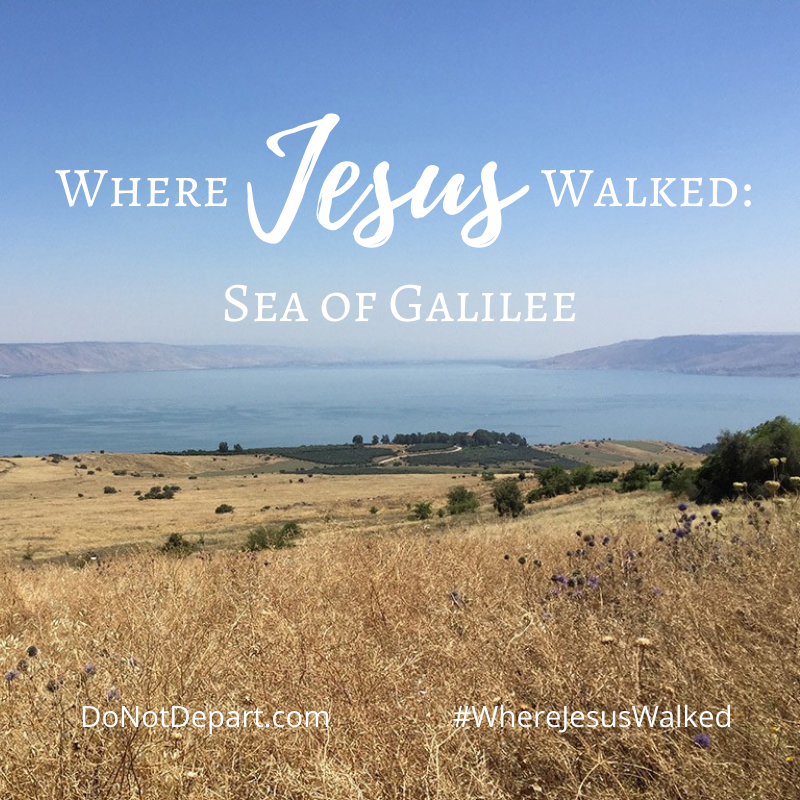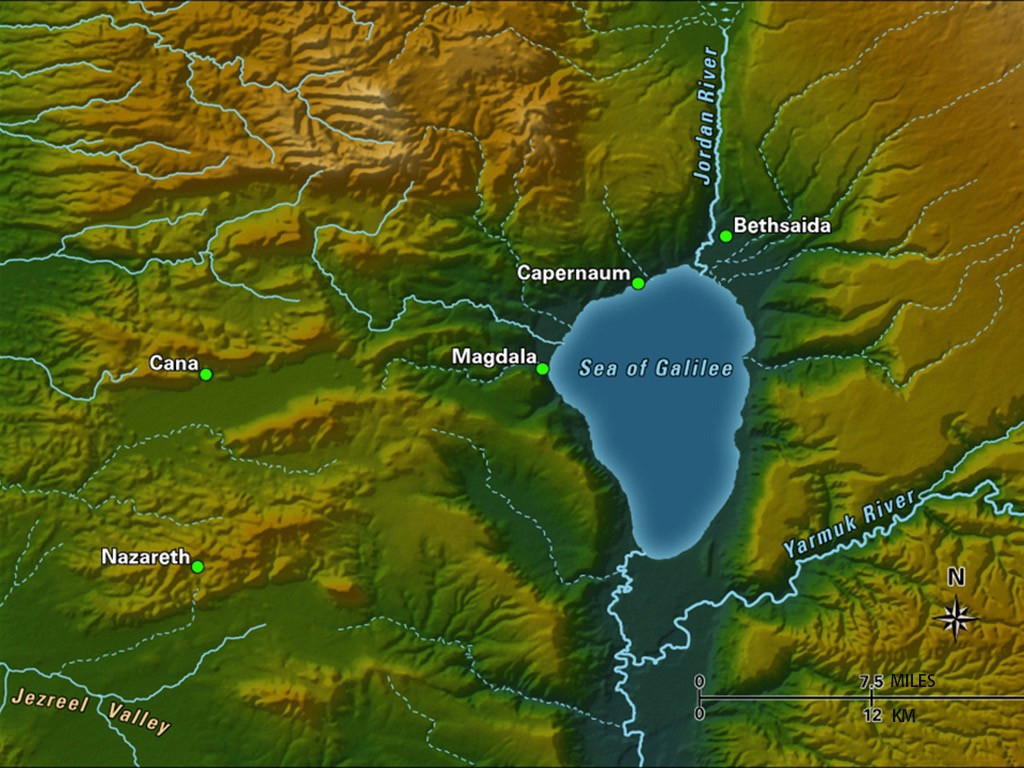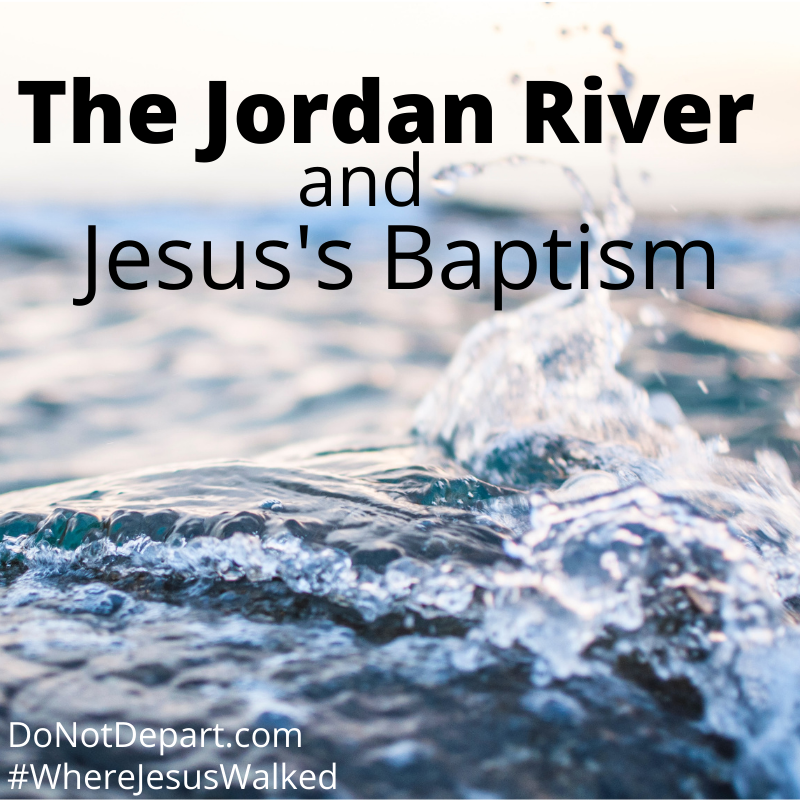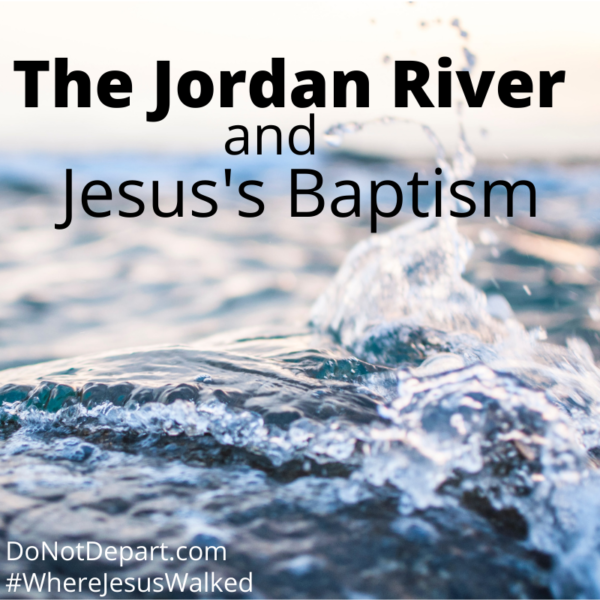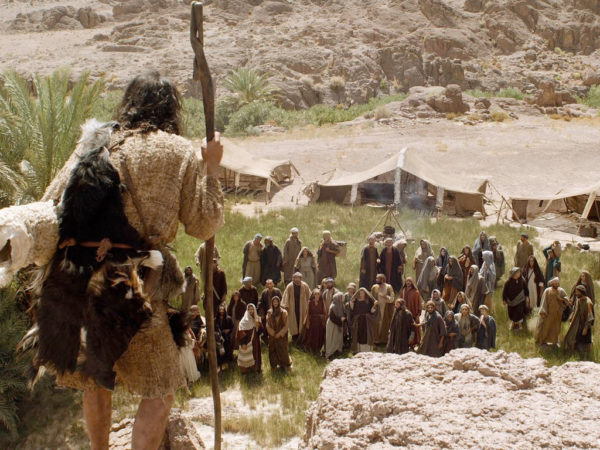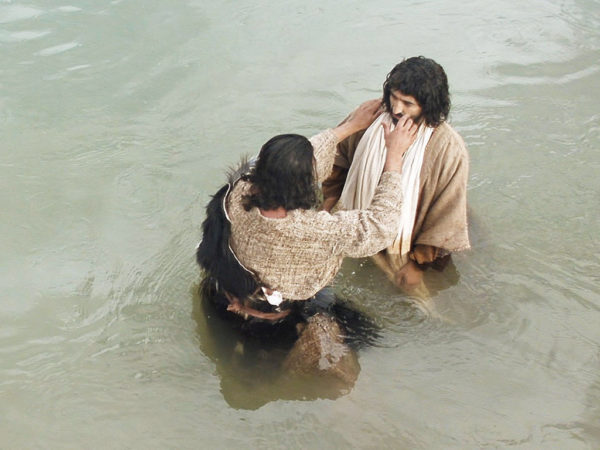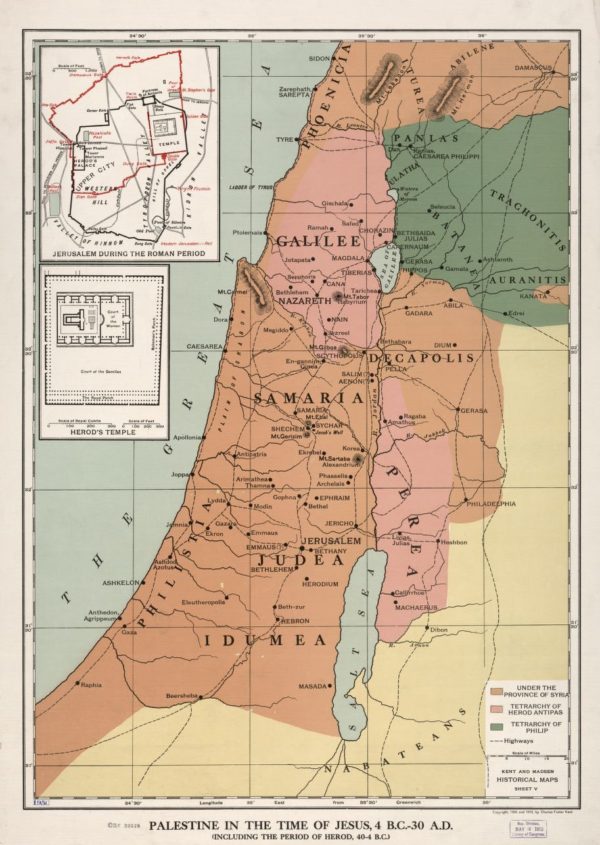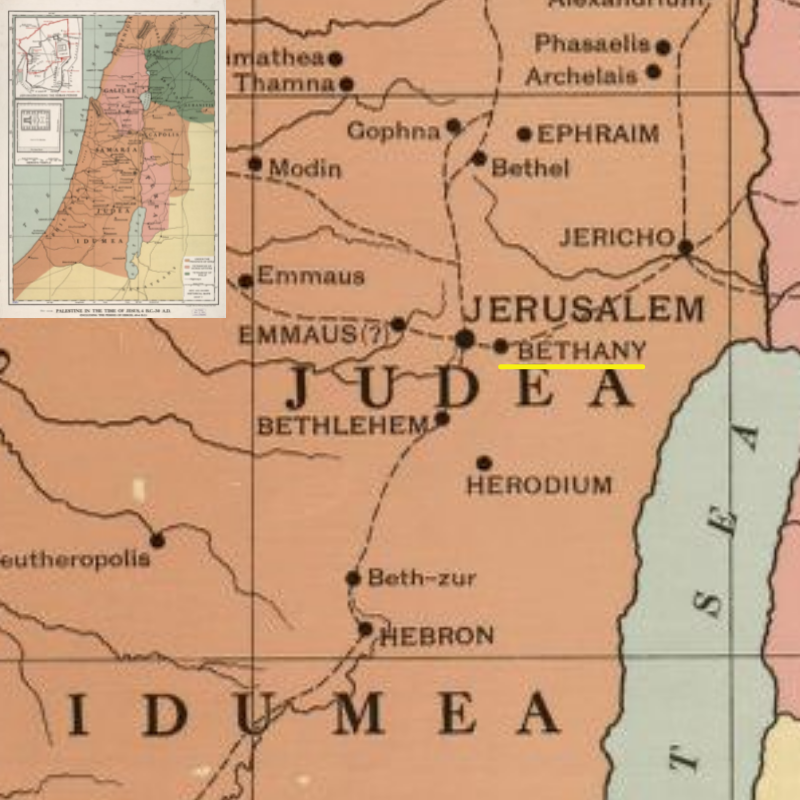This month, we’ll delve into what the Bible tells us about eternity with God as we set our Hearts Toward Heaven.

“Will we see Pepper in heaven?” my kids asked after our family dog passed away. It is one of so many questions they have about heaven.
“How old will I be in heaven?”
“Are there rabbits in heaven?”
“Who will we see there?”
“Can I go fishing in heaven?”
“If nothing dies, what will we eat? Can I still have steak?”
And, my 8-year-old’s genuine concern: “I’m so afraid that I’m going to be bored in heaven if it just goes on, and on, and on.”
There is a lot that I don’t know about what eternity with God is like, but I am confident that it isn’t boring. When my first child’s questions about heaven began, I felt like I didn’t have a lot I could tell him, or, at least, I didn’t have many answers to his specific questions. I also realized that my ideas about heaven were a mixture of images drawn from culture, arts, literature, hymns, and the Bible, and it took some thought to begin to tease them apart.
For the Bible Tells Me So…
This month, Scripture will be our guide as we set our hearts towards heaven.
Unfortunately, it is usually seasons of grief or pain that draw my heart’s attention toward longing for heaven. When all seems well here, my heart is content to attend to the daily life of my family, friends, and community. But in seasons when the very real heartache of sin, sickness, or suffering become the primary substance of my days, I become particularly grateful for the fact that the Bible tells us this earth is not our eternal home.
Rather, we were made for unending worship,
gathered as one body of people from every nation, tribe, and tongue.
Our eternal home is the place of everlasting peace,
without tears or sickness,
where death has been defeated
and we sing “Salvation belongs to our God.”
It is a resurrected life, a victorious life,
in which the dwelling place of God is with man, forever.
Join us this month in setting the eyes of our hearts toward heaven, starting with this beautiful Hymn of Heaven by Phil Wickham, which draws heavily on Biblical images of heaven.






